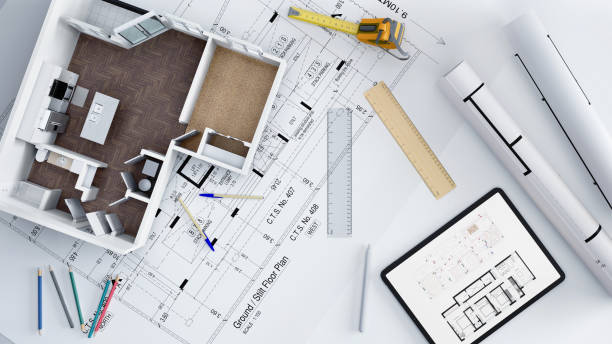Planning is essential for completing your house renovations on time and within budget. Renovations can often drag out as unexpected challenges arise. A clear plan will make things go smoother, and you should trust your contractors. After all, they are living on your property. In addition to knowing when to expect a bill, it will be helpful to have a plan to complete the project.
Do’s and don’ts of house renovations
Before tackling house renovations, it is essential to have a clear idea of what you want your new space to look like. Making decisions without a solid plan is a recipe for disaster, costing you more time, money, and energy than you might think. Make detailed plans, including the overall layout of your project and specifics. Decide on colour schemes and products before beginning the renovation process, so there will be no surprises later.
While house renovations are an exciting experience, you should plan your finances wisely. Remember that renovations can cost a lot of money. Common building materials and construction methods affect your overall renovation cost. Prices can change any time, so be sure to leave some wiggle room and budget accordingly. It’s better to budget for 20% more than you need. Check your budget frequently, so you don’t overspend.
Budgeting
If you’re planning on renovating your house, you may wonder how to budget for the project. Fortunately, there are several ways to reduce the cost of renovations. An excellent place to start is by looking for government grants and incentives. You can also look for incentives for energy-efficiency renovations, which may qualify for tax credits or subsidies. For example, the government of Quebec offers financial help for renovations that improve energy efficiency.
House renovations are often expensive, and unexpected costs can creep into the total cost. Things like old wiring, plumbing issues, and asbestos removal can all add to the total cost. To keep renovation costs under control, communicate with the contractor at every project stage, from planning to implementing the changes.
Once you know your project’s approximate cost, it’s time to determine your overall budget. The kitchen is the most expensive room in the house, representing anywhere from 10% to 15% of its overall value. Suppose you’re renovating an older home, budget for approximately thirty to forty-five percent of the total cost. For example, if you plan to change the house’s layout, you might have to bring the electricity up to code or remove asbestos.
Hiring a contractor
When searching for a contractor, it’s essential to choose someone with a solid reputation and one who is friendly. Look for companies that aren’t scams or rip-offs and avoid contractors who offer low-ball bids. They’ll likely be in your home for hours and check out their reputation with your state’s consumer protection agency and the local Better Business Bureau. Lastly, communicate with your contractor and be open and honest about your expectations. A general contractor can also help you with your house renovations. They’ll coordinate the job and ensure all work is safe. Their knowledge and expertise will save you time and money on the project.
Getting building permits
Before you begin your house renovation project, you should get the necessary permits and inspections. Getting a building permit is essential for safety reasons, uniformity in construction quality, and straightforward property valuation. Improperly constructed buildings can be dangerous, pose health risks, and even cause bodily harm. The permit cost varies depending on the type of project and local regulations, and some projects require more than one permit, while others are more complex.
Getting a building permit for house renovations is essential for structural integrity, and you must be aware of the risks involved in this process. You should only perform specific structural changes without the help of a licensed contractor. For example, if you want to repurpose a garage or attic, you must get a building permit for the entire project. You should also prepare the necessary documents. You may check this link to learn more about renovations. An easy-to-follow checklist of documents and pre-approvals can help you get the approval you need quickly and efficiently.
Organising your project
Before beginning your renovation, organise all the tasks required to complete it. Assign deadlines and make sure that all tasks are completed on time. Whether hiring a general contractor or staying with family, assign line items and deadlines to each person responsible. In addition, set up a message centre where you can remind people of tasks as they come due. In the end, the renovation project will run much smoother and faster when everyone is working in an organised manner.
